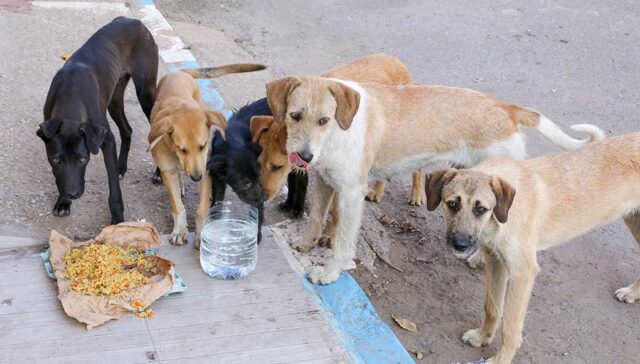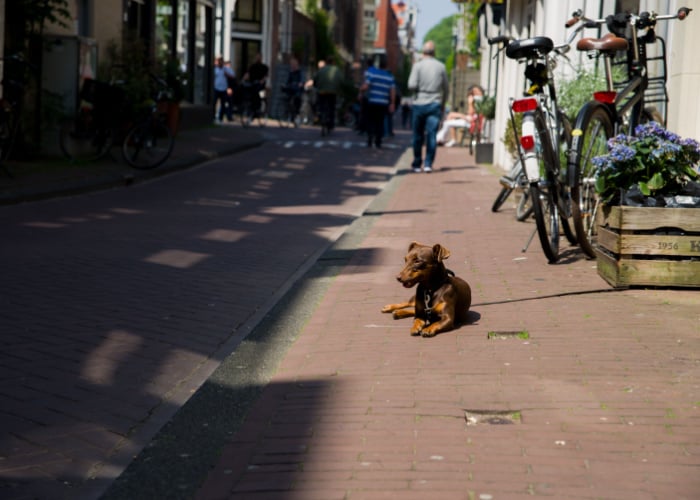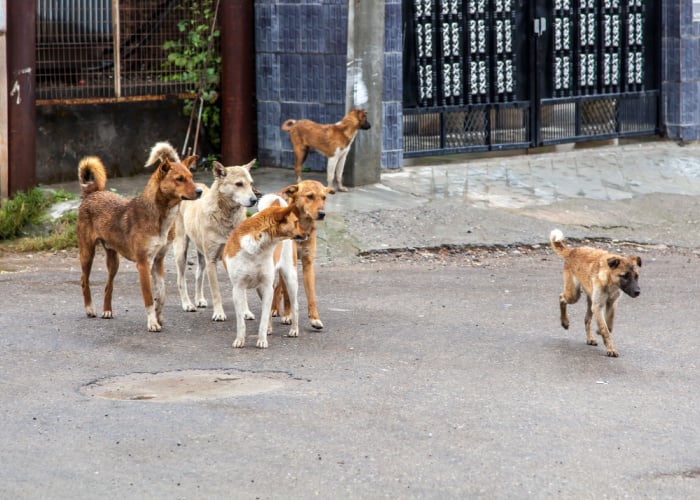
According to the World Health Organization, there are an estimated 200 million stray dogs worldwide.
However, there's one country that's the first in the world to eliminate stray dogs.
The Netherlands has finally done it!
And before you overreact, no, it wasn’t accomplished with any euthanasia.

History of Stray Dogs in the Netherlands
Dogs have had a significant cultural significance for centuries in the Netherlands.
Dogs are excellent pets and status symbols for the rich, while working animals are for the poor.
Unfortunately, a rabies epidemic in the 19th century led to the abandonment and neglect of thousands of dogs, which caused a change in perspectives toward dog ownership and health.
A dog tax was then designed to help reduce the load of stray dogs in the country.
However, the plan didn't go according to plan as people were unable or unwilling to pay the tax, which increased the population of stray dogs.
As a result, in 1864, the first animal protection agency was created.
And ever since then, animal rights have been their fighting chance against Netherlands' social issues.
Animal abuse carries a $18,539 fine and a maximum sentence of 3 years.
How did the Netherlands become the first country without stray dogs?
The Netherlands achieved this without euthanasia. This was all made possible with compassion and kindness.
The Dutch achieved it by implementing different kinds of measures.
For instance, some cities imposed higher taxes on store-bought dogs, pushing aspiring pet owners to adopt from rescue shelters.
The Dutch government also launched a nationwide initiative called the CNVR program (Collect, Neuter, Vaccinate, and Return), which gives essential veterinary services like neutering/spaying and vaccination to stray dogs.
They believe it's the most effective way to fight and reduce the stray dog population.
Additionally, the Netherlands set up an animal police force monitoring crimes against animals and helping in animal rescue.
The Netherlands also has the Party for the Animals. Party for the Animals is a political party focusing on animal rights and welfare.
Marianne Thieme, the Party for the Animals leader, thinks there is a connection between how society treats its animals and its civilians.
There is a direct link between violence against animals and violence against humans.
-Marianne Thieme, Party of the Animals
Who is considered a stray dog?
So who do we consider a stray dog?
The term “stray dog” can be a bit confusing at times since there are many meanings to it.
- Free-roaming dogs with an owner: dogs that have an owner, but the owner allows the dog to run partially free during the day
- Free-roaming dogs without an owner: dogs that are abandoned by owners
- Community dogs: dogs that don’t have an owner but are taken care of by a community
- Feral dogs: dogs that are not owned or taken care of by anyone and survive on their own
Stray dogs are usually unwanted, neglected, abandoned dogs that can spread disease and fleas and mess with human garbage and others.













